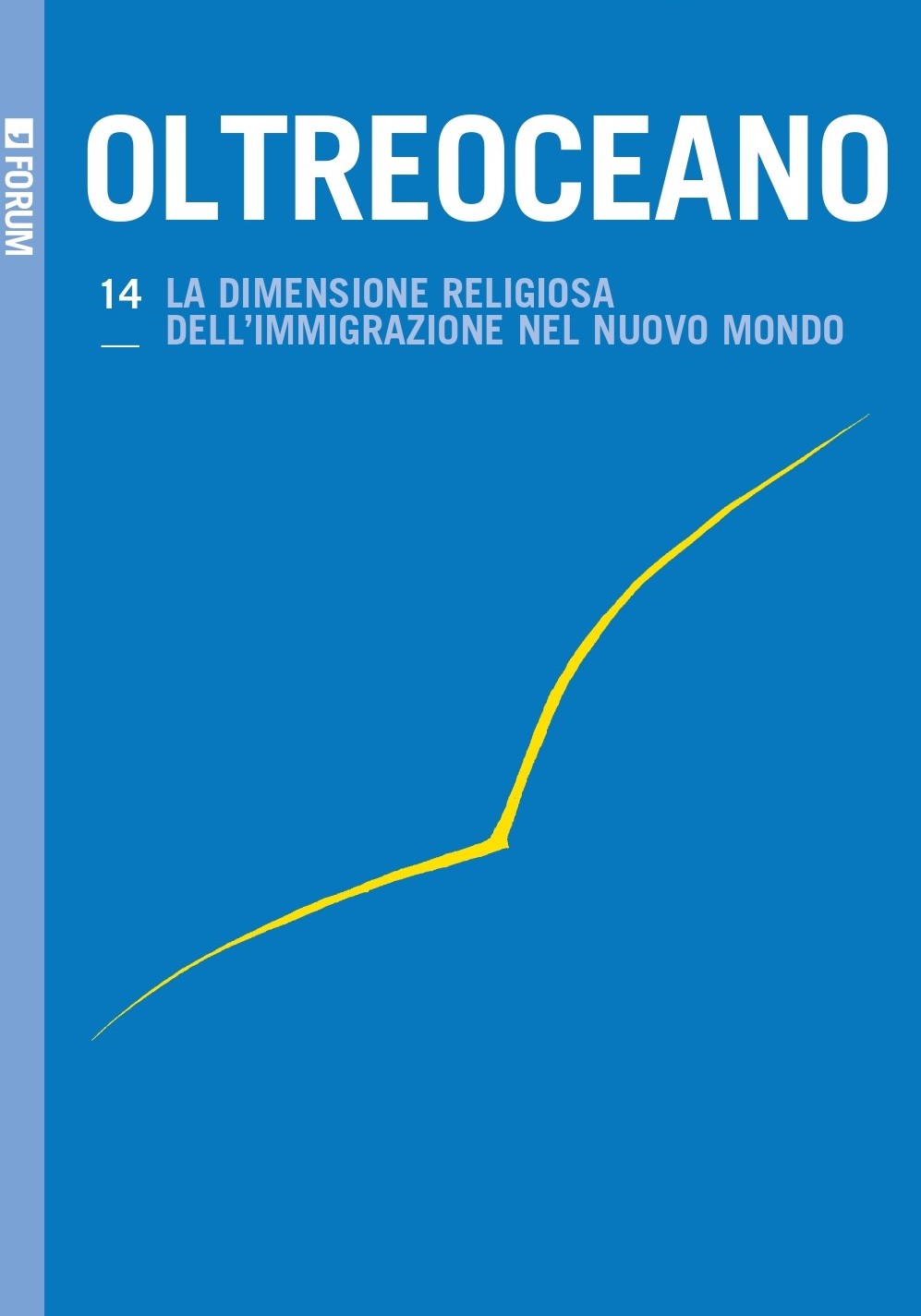La Santería come spazio narrativo fra culture in Questa notte ho sognato in cubano di Cristina García
Keywords:
Santería, Cuba-USA, Cristina GarcíaAbstract
La struttura narrativa del romanzo, in cui spazi e voci s’intersecano in un contesto polivalente, si conferma nei continui riferimenti alla Santería e alla sua natura sincretica, dando così espressione a un sistema di rimandi, rivisitazione e ripristino di legami fra il mondo cubano e quello americano in chiave transnazionale. Il saggio si compone di due paragrafi: nel primo si espone il tema della dissociazione identitaria che colpisce le protagoniste, nel secondo la tecnica narrativa che ne riprende la fluidità esistenziale.
Santería as narrative space between cultures in Dreaming in Cuban, by Cristina García
The narrative structure of the novel, in which spaces and voices interwine in a multivalent context, is confirmed by the frequent references to Santería, and its syncretic nature, thus creating a framework of remembering, reviving and restoring of links between the Cuban and the American worlds within a transnational perspective. The essay is divided into two sections: the first deals with the question of identity dissociation as experienced by the protagonists, the second with the narrative technique which evokes the existential fluidity of their reactions.
Downloads
References
García, C. (1998): Questa notte ho sognato in cubano. Milano: Arnoldo Mondadori.
García, C. (1992): Dreaming in Cuban. New York: Ballantine Books.
Gonzales-Wippler, M. (1996): Santeria: The Religion: Faith, Rites, Magic. St. Paul, Minnesota: Llewellyn.
Lyotard, J. F. (1981): La condizione postmoderna. Milano: Feltrinelli.
López, I. H. (1995): And there is only my imagination where our story should be: An interview with Cristina García. In R. Behar (Ed.), Bridges to Cuba/Puentes a Cuba (pp. 102-114). Michigan: University of Michigan.
Lowe, L. (2015): The Intimacy of Four Continents. Durham N.C.: Duke University.
Mitchell, D. T. (1996): National Families and Familial Nations: Communista Americans in Cristina García’s Dreaming in Cuban. Tulsa Studies in Women’s Literature, 15, 1, pp. 51-60.
Ortiz, F. (1949): Los factores humanos de la cubanidad. Bimestre Cubana, XIV, pp. 161-186.
Pérez Firmat, G. (1994): Life on the Hyphen. Austin: University of Texas.
Franklin, S. L. (201): Women and Slavery in Nineteenth-Century Colonial Cuba. Rochester, N.Y.: University of Rochester.
Suárez, V. & Poey, D. (Eds.) (1996): Little Havana Blues: A Cuban American Anthology. Houston: Arte Público.
Downloads
Published
How to Cite
Issue
Section
License

This work is licensed under a Creative Commons Attribution-NonCommercial-ShareAlike 4.0 International License.
The authors undertake to comply with the following conditions, which are considered accepted at the time of submission of their contributions.
The sending of a text implies that it is unpublished and not submitted to be published elsewhere.
1. If accepted, the author shall confer on the publisher the right to publish and distribute it both in paper form and in the online electronic edition. The published articles will be downloadable and made available in open access.
2. Provided that it correctly indicates that the first publication took place in the journal Oltreoceano. Rivista sulle migrazioni the author has the right to: a) reproduce the article in separate extracts or collected in a volume; b) publish the article on their personal website or teaching site provided that these sites are of a non-commercial nature; c) deposit the article in online archives of a non-commercial nature, linked to the institution they belong to or as part of projects for the non-commercial dissemination and open access of scientific works.
The use of contributions by third parties, for commercial or otherwise unauthorized purposes, is not allowed. The publisher declines all responsibility for the unauthorized use of the material published in the journal.












